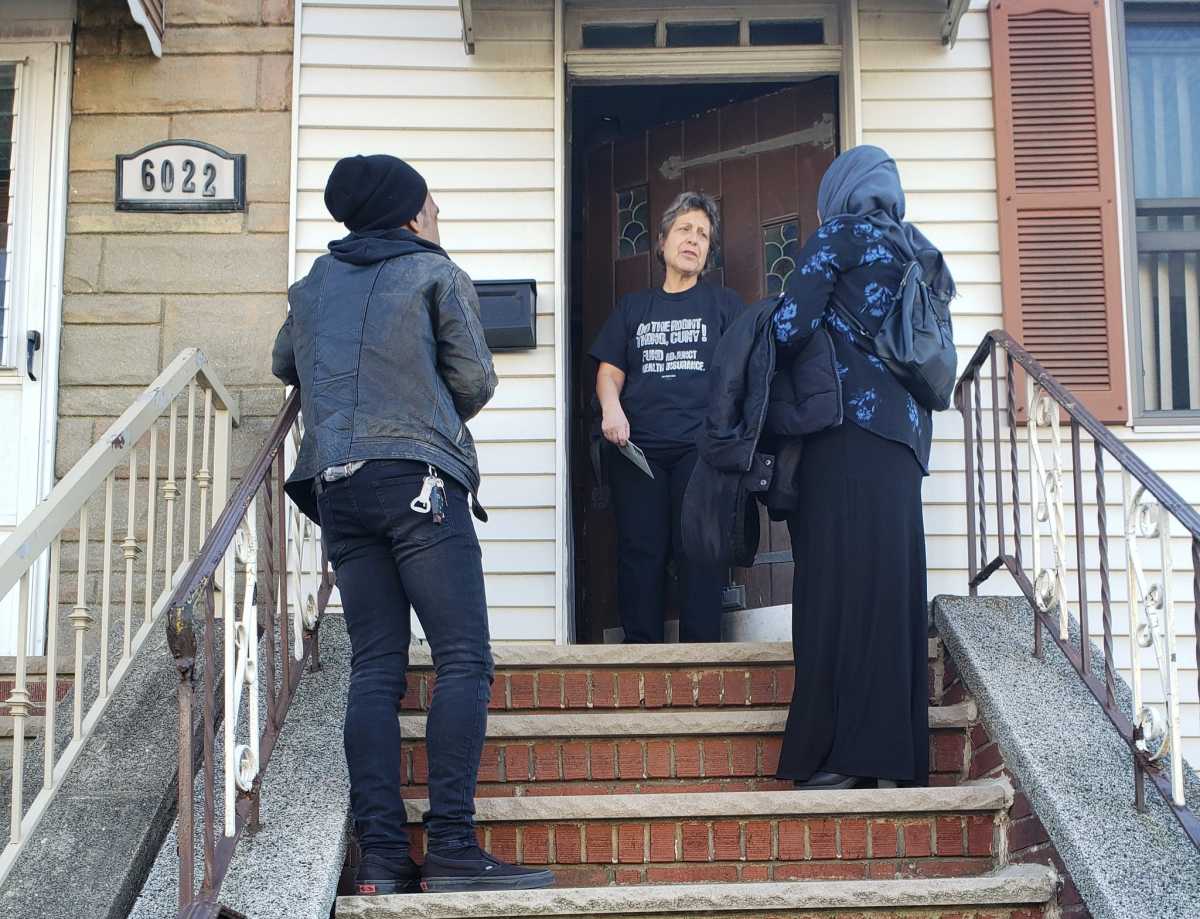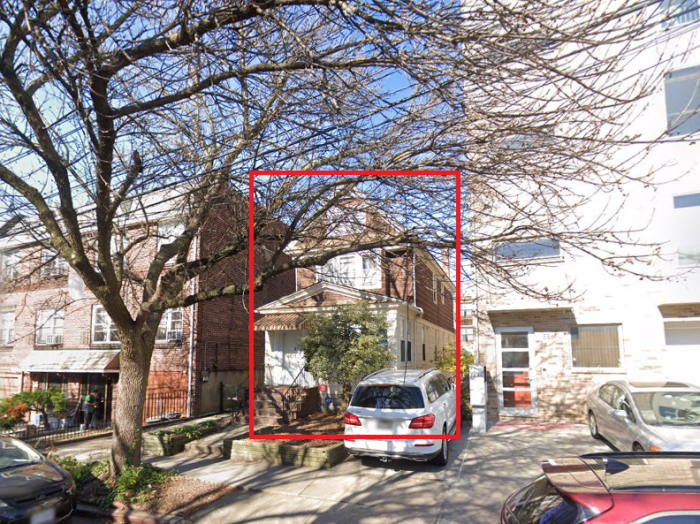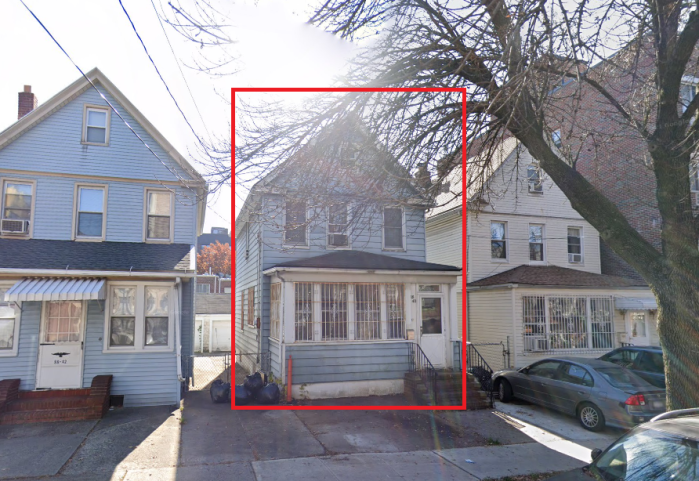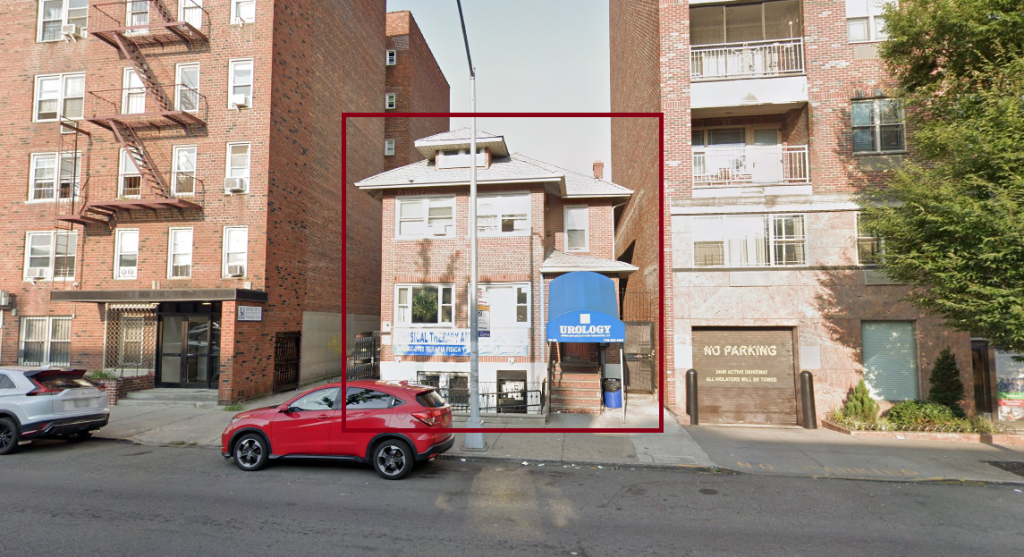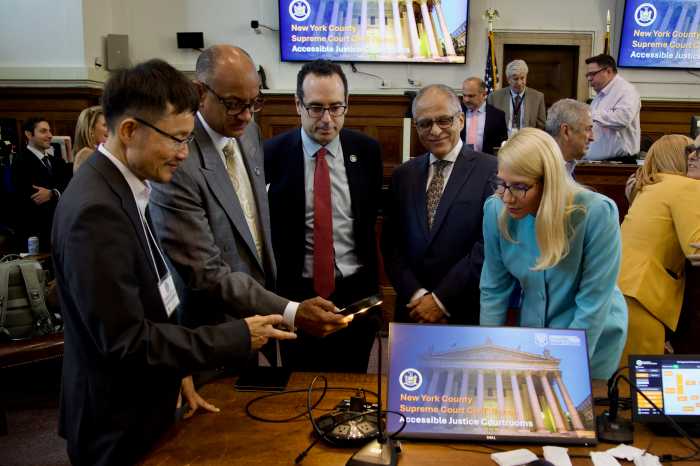With Senator Bernie Sanders and former Vice President Joe Biden both canceling big primary night campaign events on Tuesday, the presidential primary is not the only upcoming race to contend with coronavirus worries.
Fears about exposure are infecting local elections in Queens as well. A group of 31 candidates, so far, for a variety of positions, signed a letter citing their fears of how the pandemic could affect the process of petitioning to get on the ballot for the summer primary election.
To appear on the ballot for local, state and congressional races in New York, candidates must acquire between hundreds and thousand of signatures from their constituents, depending on the office. In order to get signatures, campaign volunteers canvass entire districts, knocking on doors and setting up in high-density corridors to introduce themselves to residents and get their approval to run.
Mel Gagarin, an insurgent candidate running for Rep. Grace Meng’s congressional seat, wrote the letter urging Gov. Andrew Cuomo and state Board of Elections officials to suspend or alter the petitioning requirements of the upcoming election for declared candidates because he worries the ritual is putting volunteers, candidates and constituents at risk for COVID-19.
“We really want to stress that this is not a political thing. We’re encouraging electeds and folks who may have challengers to come unified on this because we see day in and day out how quickly this pandemic is spreading,” Gagarin said.
Petitioning for the June primary started on Feb. 25 and is currently slated to end April 2. The Board of Elections does not have the power to change the signature requirements or the length of time of the signature-gathering period because they are set in statute.
Only the Legislature and the governor, with the new emergency powers given to him last week, has the ability to change the statute. Cuomo’s office did not respond about whether he plans to institute these changes.
Forest Hills Assemblyman Andrew Hevesi said that Democratic Conference of the Assembly has been discussing concerns of the virus across the state and have decided not to take action so far but will continue to monitor the situation closely.
“No doubt the governor is evaluating this situation carefully. Just as he modified voting laws after Superstorm Sandy, he can address this in due course,” said election lawyer Jerry Goldfeder.
But when Sandy struck New York City in the weeks before the 2012 presidential election, the crisis facing the state concerned voters, not candidates. In response, Cuomo made arrangements for voters uprooted by the storm to cast provisional ballots anywhere in the state.
Candidates going through the petition process said that they’ve noticed some major changes in behavior over the past week. Moumita Ahmed, a candidate for district leader — an inter-Democratic party position — recently encountered a constituent, who was not willing to open her door because of the virus, but insisted that she drop her clipboard through the mail slot to be wiped down and sterilized before she signed.
She said that this type of reaction has been an increasingly common response to her door-knocking efforts over the past couple weeks. Ahmed, who has previously embarked on petitioning as a delegate for Bernie Sanders and a county committee candidate, said that the effects of coronavirus fears are noticeable this time around.
Areas like subway stations, bus stations and commercial streets are less populated than usual, leading candidates to rely more heavily on the time-intensive and more intrusive strategy of door-knocking.
“It’s hard to have to beg people to open their doors,” said Ahmed. “With the coronavirus, if somebody tells me, ‘I don’t want to touch your pen’ or ‘I don’t really want to talk to you because of the virus,’ you have no choice but to accept it and move on.”
In Gagarin’s letter, he states that while he understands the importance of maintaining a high level of integrity in elections, he is concerned that without action, campaigns will try to power through the petitioning period, particularly insurgent campaigns which are susceptible and more likely to have their signatures challenged.
It is customary for campaigns to stockpile around double the amount of petition signatures they need, anticipating that the Board of Elections will scrutinize and invalidate many of them.
“It’s not fair that our democracy gets compromised because of emergency situations. That’s very scary. That’s the same sort of mentality of war or other crises,” Ahmed said.

